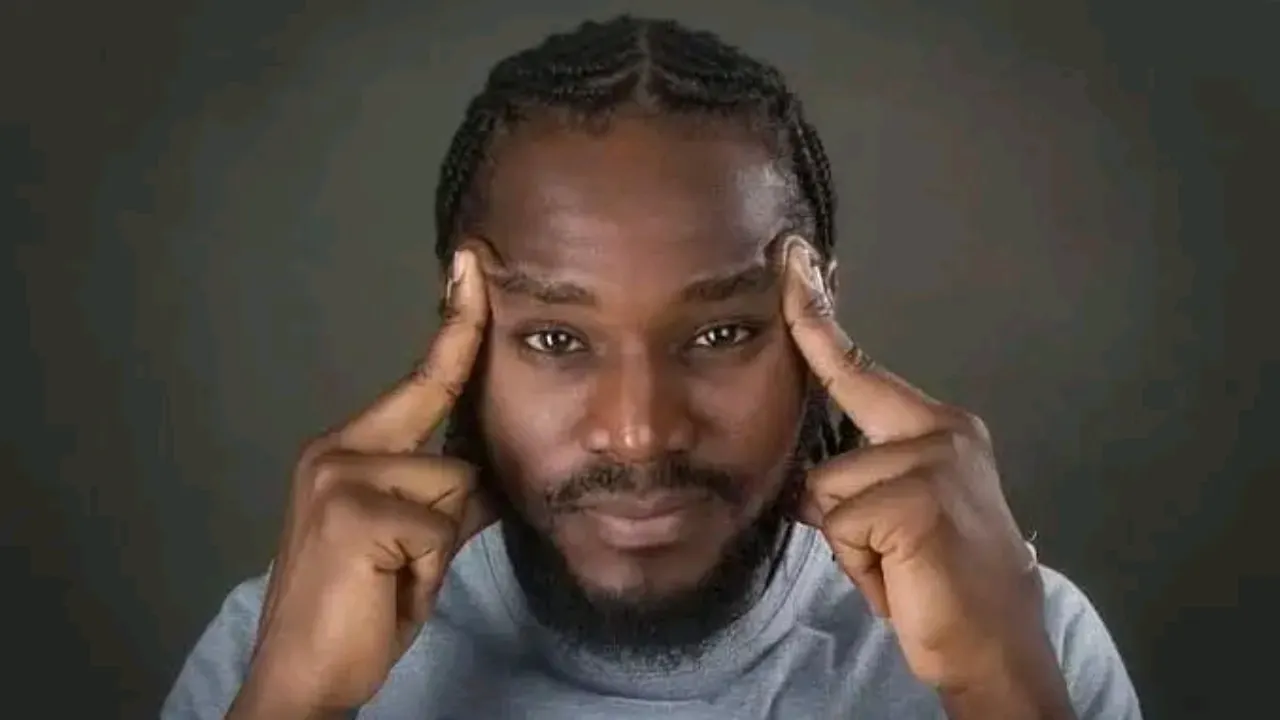Togo: arrest of rapper Amron sparks outcry over repression of dissent
The late-night arrest of outspoken Togolese rapper Amron—real name Essowè Narcisse Tchalla—has triggered widespread backlash from civil society, the opposition, and international observers. On the night of May 26, 2025, heavily armed security forces stormed his home in Agoè-Assiyéyé, a northern suburb of Lomé, without presenting an arrest warrant, according to eyewitness accounts. The operation, carried out between 9 p.m. and 11 p.m., defied the Togolese penal code, which prohibits home arrests between 6 p.m. and 6 a.m.

SUMMARY
Amron was taken without resistance, and his whereabouts remain unknown. Critics have likened the raid to a “state-sponsored kidnapping,” pointing to the absence of transparency and due process. While no official charges have been publicly confirmed, pro-government lawyers have cited possible violations of Articles 290 and 301 of the penal code—defamation and contempt of state institutions. Meanwhile, rumors circulated that authorities justified the arrest by claiming Amron suffers from “mental instability,” an assertion firmly denied by his family.
Online, the slogan “Where is Amron?” spread rapidly, fueling demands for his release. Activists say the government fears his growing influence as a voice for the disillusioned youth.
A rising voice silenced
Born in Kara, northern Togo, Amron rose to prominence in the late 2000s and is considered one of the most influential voices of his generation. His debut album Black Boys (2010) earned him major national music awards, including Best Video and Best Rapper. Known for fusing catchy rhythms with politically charged lyrics, Amron used his platform to denounce youth unemployment, systemic corruption, and clientelism.
Through viral social media posts and TikTok livestreams, he frequently challenged President Faure Gnassingbé’s administration. In one widely circulated video, he questioned the fate of 1,500 billion CFA francs in loans mentioned by the finance minister and decried the lack of basic infrastructure:
“The people are sovereign. Where is the money? Why is there not a single modern hospital in our regions?”
He further accused the president of betraying the youth by protecting officials implicated in embezzlement scandals flagged by institutions such as the Audit Court, EITI, and Transparency International. Days before his arrest, Amron declared:
“I’ve read the reports. They show blatant theft. And the culprits still walk free… If they want to arrest me, I’m here. Let them come to Agoè-Assiyéyé!”
His bold words made him a symbol of resistance for many young Togolese, with hashtags like #TogoDebout and #FreeAmron gaining traction across the country.
Political and civil backlash
The arrest has drawn sharp condemnation from opposition leaders and rights groups. The Alliance Nationale pour le Changement (ANC) labeled it a “political kidnapping” and demanded Amron’s immediate release, along with all other political detainees. Isabelle Ameganvi, the ANC’s vice-president, called the arrest emblematic of a broader crackdown on dissent.
The pro-democracy coalition Touche pas à ma Constitution called the arrest yet another step in Togo’s descent into authoritarianism. Outside the country, the Togolese Diaspora in Belgium denounced the “illegal and abusive arrest,” echoing human rights organizations who report that over 100 political prisoners remain behind bars in Togo.
Even the Catholic Church, traditionally discreet in political matters, issued a rare statement. On May 26, the Conference of Bishops warned of the risk of “unpredictable unrest” if the government continues to stifle public expression.
On social media, a digital storm is brewing. Hashtags like #FreeAmron and #TouchePasAMaConstitution have flooded timelines, with solidarity videos circulating widely and even drawing some international media attention.
Amron’s fate is now seen as a litmus test for civil liberties in Togo—a country where frustration with the status quo is mounting, and the line between protest and persecution is becoming increasingly blurred.


Comments